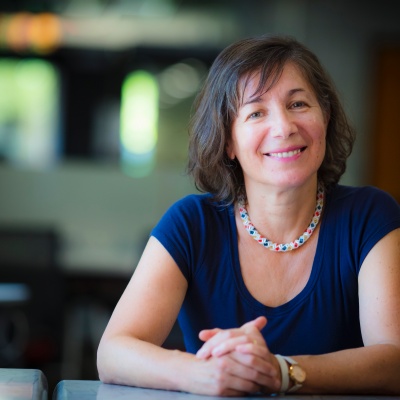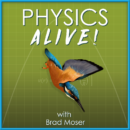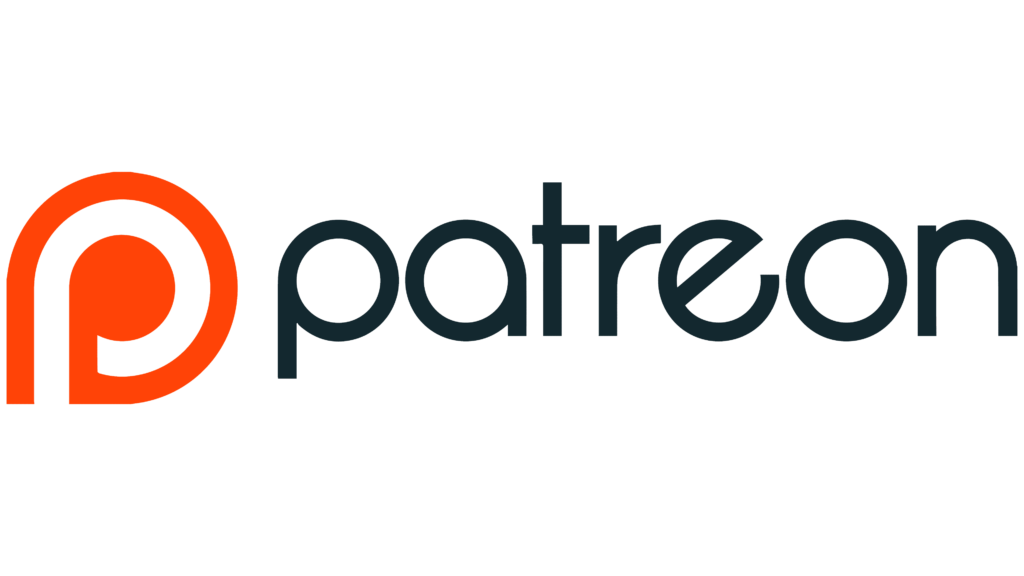The Physics Alive Podcast

Episode #44
The Investigative Science Learning Environment with Eugenia Etkina
Or download the episode from Apple Podcasts, Spotify, Stitcher, Google Podcasts, or Amazon.
ISLE, the Investigative Science Learning Environment, is an intentional holistic learning environment for physics. It addresses two main goals: to help students learn physics by engaging them in the processes that mirror scientific practice and to improve their well-being while they are learning physics. Eugenia Etkina started this approach nearly 40 years ago and has been an ardent teacher educator in the years since. This interview with Eugenia provides the educational philosophy behind ISLE, specific examples of how the approach works, and the support network that can get you started.
Support Physics Alive on Patreon!
https://www.patreon.com/physicsalive
Physics Alive is on Slack. Join the Slack workspace.
You can also leave comments and share discussion on the Physics Alive Twitter feed.
Today's Guest:
Eugenia Etkina
Eugenia Etkina is a Distinguished Professor of Science Education at the Graduate School of Education at Rutgers, the State University Of New Jersey. She holds a PhD in physics education from Moscow State Pedagogical University and has over 35 years of experience teaching physics from middle school to university levels. She is a recipient of the 2014 Millikan Medal, awarded to educators who have made significant contributions to teaching physics by the American Association of Physics Teachers.
In 1988 she created a system in which students learn physics using processes that mirror scientific practice. The approach was enriched by her collaboration with A. Van Heuvelen in 2000 which led to the development of the Investigative Science Learning Environment (ISLE) approach, a unique approach that engages students in learning physics by practicing it from the first day of class.
Professor Etkina designed and leads one of the largest university-based physics teacher preparation programs in the United States (the foundation of the program is the ISLE approach), which graduated over 150 physics teachers over the last 18 years.
Learn more about Eugenia and her work:
You can email Eugenia at:
- eugenia.etkina@gse.rutgers.edu
Episode Notes and Resources
ISLE website:
Join the Facebook group — Exploring and Applying Physics
ISLE resource page on PhysPort
ISLE Implementation Guide on PhysPort
Articles:


I recently discovered ISLE and have been consuming as much information as I can this summer. I’ve even joined two of Eugenia’s Zoom meetings. This podcast is a valuable addition to my understanding of the holistic aspect of ISLE. Thank you for summarizing with the reference to “pre-conception models.” Having also found modelling instruction and considering it as an alternative to adopt, I have still been wondering about using the Force Concept Inventory as a baseline assessment. I think this answers my question about whether that’d be wise. Thank you.
Thank you for the ISLE interview. ISLE and Modeling Instruction are super-compatible (in Eugenia Etkina’s words). Each complements the other. Some high school modelers have had PD in both. They tell me that it is best if teachers learn BOTH methods. The two philosophies of learning are easily combined, to form a greater whole. Both programs emphasize “continuous improvement”. Eugenia has done amazing work in researching and publishing, with her colleagues in physics education research. On the other hand, the high school modeling community has done amazing work in forming the American Modeling Teachers Association (https://www.modelinginstruction.org ), to spread Modeling Instruction nationwide in physics, chemistry, biology, and middle school via multi-week Modeling Workshops. Each program complements the other, and one can lead to the other because they have so much in common, in practice. Both are USEFUL!